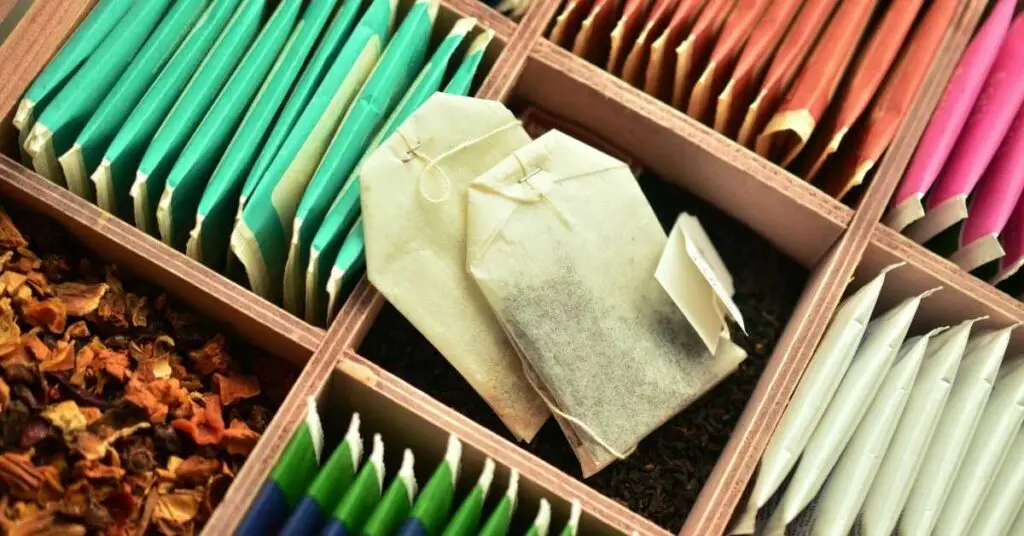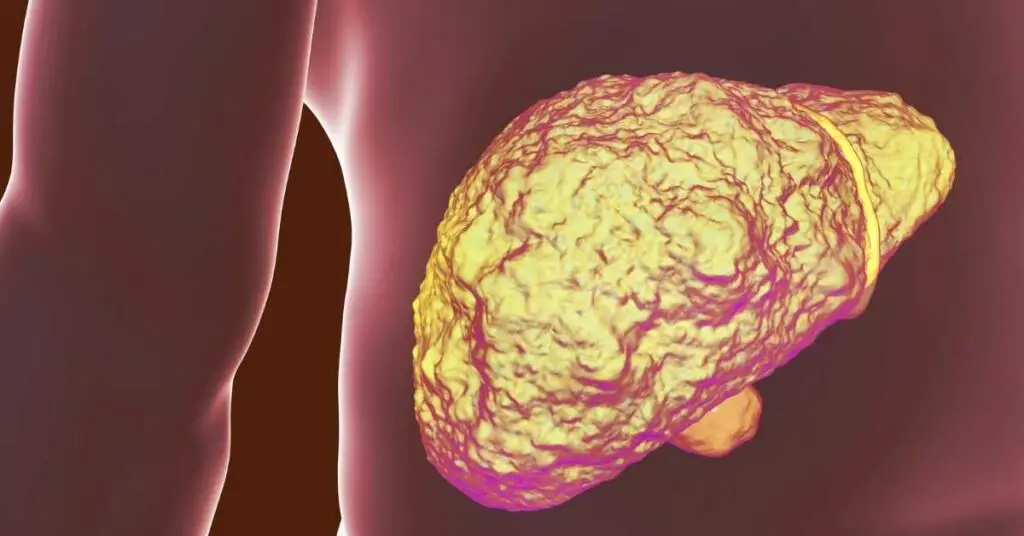Tea is one of the most popular beverages in the world, and tea bags have been a convenient way to enjoy a hot cup of tea for over a century. Thomas Sullivan is credited with inventing the modern tea bag in 1904, when he started sending out small silk bags filled with tea samples to his customers. The customers liked the samples, but they found it easier to brew their own tea using the bags. Sullivan began marketing his tea bags as a convenient way to brew tea, and they quickly became a staple in American kitchens. Today, there are many different types of tea bags available, made from materials like paper, cloth, or even plastic. And while some tea aficionados still prefer loose leaf tea, others find that tea bags offer a quick and easy way to enjoy a delicious cup of tea.
Not all tea bags are compostable. While most tea bags are made from biodegradable materials, some may contain plastics or metals that make them non-compostable.
To be safe, always check the labels on tea bags to ensure that they are made from compostable materials. When in doubt, it is best to err on the side of caution and dispose of tea bags in the trash rather than risk contaminating compost with non-biodegradable materials.
What are tea bags normally made of?
Most tea bags are made of filter paper, a paper-based fabric. The bags are usually square or rectangular, with a folded top and a string for brewing the tea. The size of the bag is often evidence of the quality of the tea inside – larger bags tend to be used for higher-quality teas, while smaller bags may be used for lower-quality teas or for more robust blends.
Some tea bags are made of plastic, which is less likely to tear and can be reused multiple times.
Silk tea bags are also available, although they are less common due to their higher cost. However, silk tea bags do have the advantage of being reusable and recyclable.
How to compost tea bags:
-If the tea bag is made out of paper, it can be composted. Put it in with your green waste.
-If the tea bag is made out of cloth, it can be composted. Put it in with your green waste.
-If the tea bag is made out of plastic, it cannot be composted. Dispose of it in the trash.
How do tea bags decompose in compost?
The decomposition process begins the moment you steep your tea bag, as water plays a crucial role in the breaking down of all organic materials. Bacteria and fungi, and occasionally larger organisms such as worms, then continue this process in your compost pile, slowly turning your tea bag into a deconstructed mix of molecules like carbon dioxide.
This is where plastic can get in the way. If your tea bag is made up of a mixture of plastic, the tea bag will hold its shape for many, many years, and will never break down entirely. Even if the majority of your tea bag is made from biodegradable materials like paper, the small amount of plastic can prevent the entire thing from breaking down.
The good news is that there are companies working on developing completely compostable tea bags. These bags are usually made from a type of cellulose fiber that is derived from plants, and they will break down in your compost pile just like any other organic material. So, if you’re concerned about the environmental impact of your tea habit, be sure to check for compostable tea bags the next time you’re at the store.
The benefits of composting tea bags
The benefits of composting tea bags depend on what the bags are made of. If the tea bag is made from paper or cloth, it will break down in the compost just like any other organic matter. This can help to improve the structure and drainage of the compost, as well as adding nutrients that can be beneficial to plants. However, if the tea bag is made from plastic or other synthetic materials, it will not break down in the compost and could potentially do more harm than good. In general, then, it is best to stick with paper or cloth tea bags when composting.
Tips for composting tea bags
-Tear open the tea bag before composting to speed up the decomposition process.
-Avoid plastic or metal tea bags, as they will not break down in the compost.
-Check labels to make sure that tea bags are made from compostable materials.
-If in doubt, dispose of tea bags in the trash rather than risk contaminating compost.
Eco-friendly alternatives to tea bags
Most people are familiar with the standard tea bag. This small pouch of tea leaves is encased in a thin layer of paper, which dissolve when steeped in hot water. While tea bags are convenient, they often contain plastic and other materials that can be harmful to the environment.
Fortunately, there are many eco-friendly alternatives to traditional tea bags. For example, loose leaf tea can be brewed using a reusable metal infuser or a cotton tea bag.
Tea crystals are another option that eliminates the need for a tea bag altogether.
And of course, brewing tea in a teapot is always a classic way to enjoy your favorite cup of tea.
No matter what method you choose, making the switch to eco-friendly alternatives is a simple way to help protect our planet.
Conclusion
While tea bags are compostable, it is important to check the label to ensure that they are made from compostable materials. Paper and cloth tea bags can be composted, but plastic tea bags should be disposed of in the trash. There are many eco-friendly alternatives to traditional tea bags, such as loose leaf tea, tea crystals, and reusable tea bags. Making the switch to eco-friendly alternatives is a simple way to help protect our planet.





